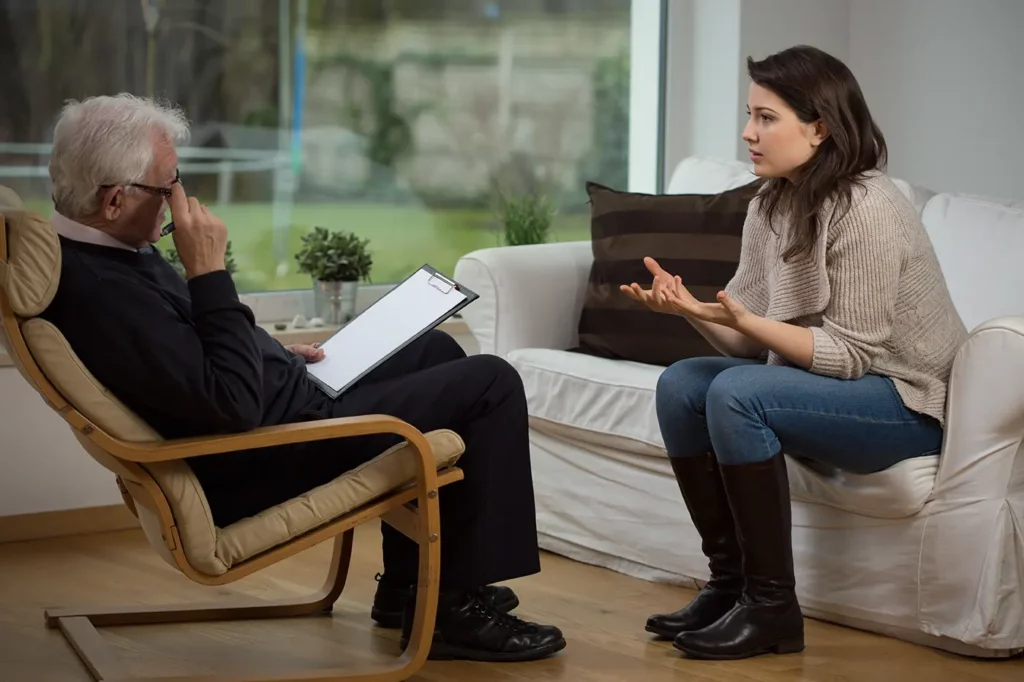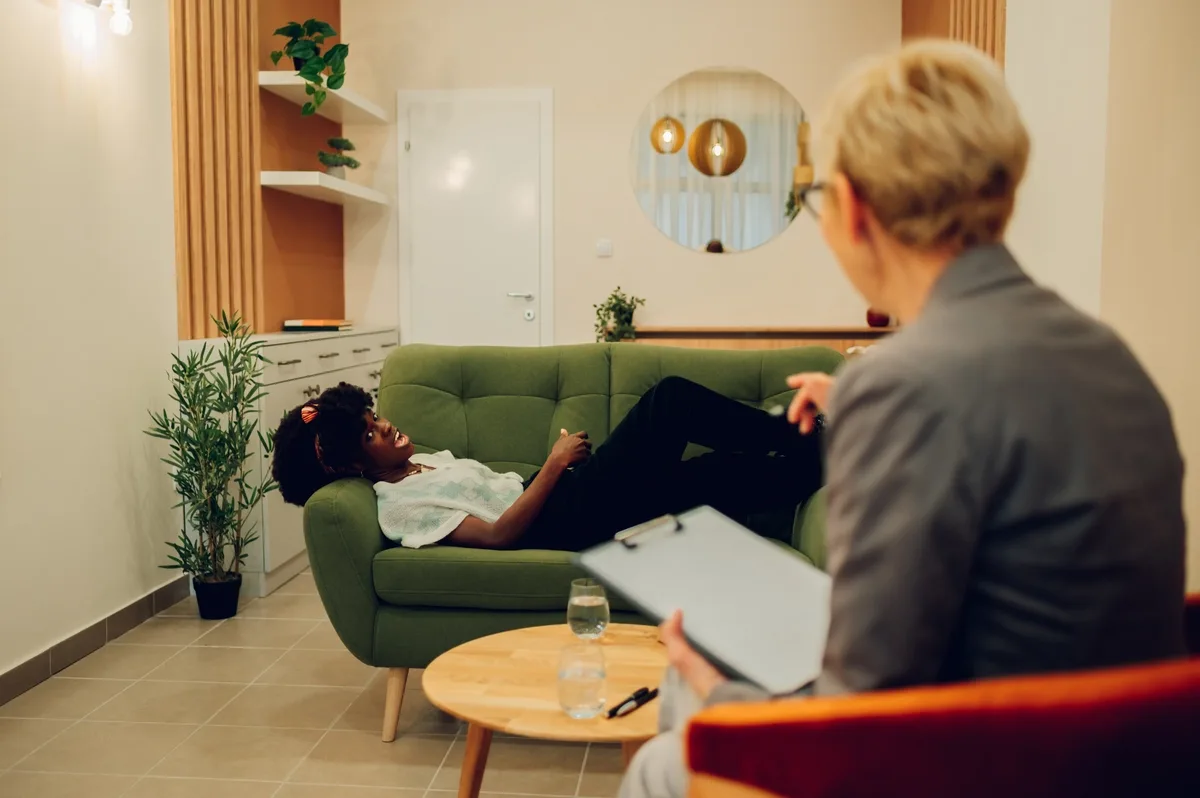24/7 Helpline:
(866) 899-111424/7 Helpline:
(866) 899-1114
Learn more about Couples Rehab centers in Crofton
Couples Rehab in Other Cities

A New Way Clinic
A New Way Clinic is a State Certified Program offering a variety of services for those suffering wit...


















Other Insurance Options

Aetna

Oxford

Self-pay options

Choice Care Network

CareFirst

United Health Care

Health Partners

Highmark

Molina Healthcare

Anthem

CareSource

Magellan

Covered California

Private insurance

Premera

Providence

Optum

Meritain

AllWell

Absolute Total Care